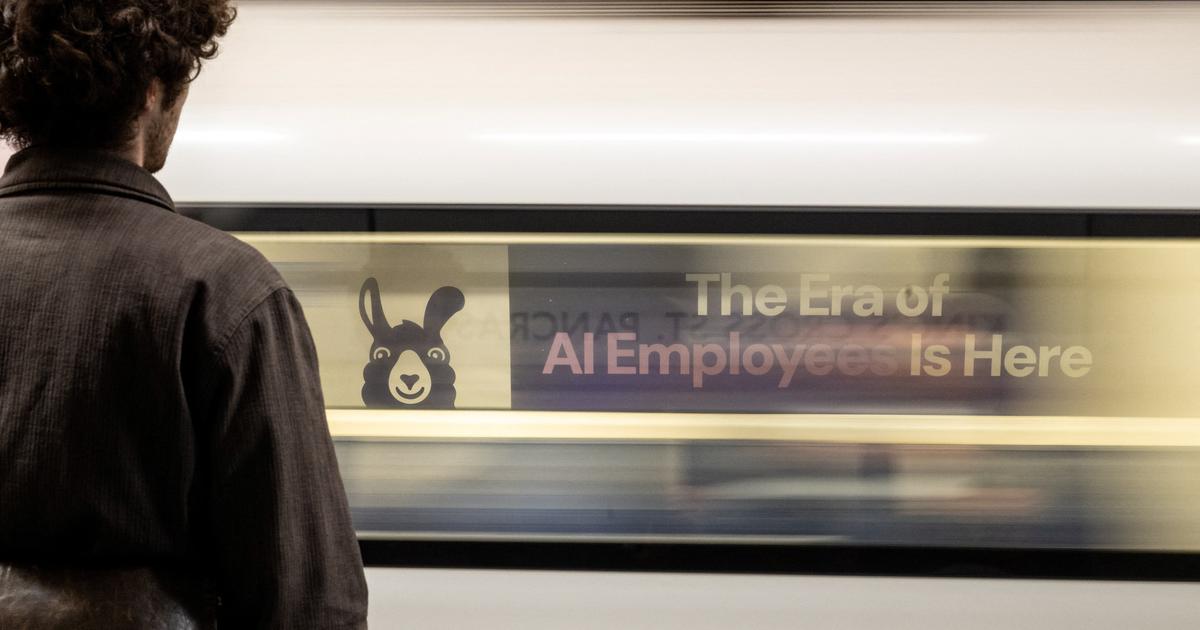One of the
first things Fr. Philip Larrey learned at the start of a 20-year run teaching
philosophy, logic and epistemology at the Pontifical Lateran University in Rome
is that “you never tell a bishop what to do.”
In advance
of his Sept. 23 keynote speech at the Canadian Conference of Bishops (CCCB) annual
plenary assembly in Montreal, the 62-year-old told The Catholic Register that he
would not issue any directives about how these shepherds should navigate the
burgeoning artificial intelligence revolution.
However, if
any of these diocesan administrators seek his counsel, the professor of
theology at Boston College is ready to oblige their request. Larrey said he
would advise bishops to bolster parish priests’ knowledge about this issue.
Advertisement
Fr. Philip Larrey
“Try to get the parish priests involved so that they don’t
just write this off because a lot of priests don’t have time to understand the
technology or understand what’s going on in their parishioners’ lives in terms
of AI,” said Larrey. “Well, let’s give them a hand. Let’s talk about it. When I
went to Toronto, the priests were like, ‘geez, I never knew this was going on.
I had no idea.’ It’s because it’s not their area of expertise.”
Larrey suggested that hosting AI-centred forums is one
method to help imbue priests with greater command on this subject.
He specifically alluded to the “A.I. Is Transforming
Society: Are Catholics Ready?” symposium scheduled at St. Mary’s University in
Calgary from Oct. 17 to 18. The Calgary diocese and the Catholic liberal arts
college are convening theologians, tech experts, ethicists and Church leaders
from around the world for the event to examine ethical uses of machine learning,
its impacts on education, work and community, the repercussions it can have on
evangelization and pastoral work, and how the Church can lead in this new
frontier age.
While Larrey cannot come to Alberta directly, his
professional colleague Matthew Sanders will be in attendance. Sanders is the creator of Magisterium A.I.,
the most prominent Catholic AI platform in the world.
Larrey and Sanders collaborate closely on Humanity 2.0,
an organization that convenes clerics and secular leaders from various sectors
to collaboratively formulate initiatives that will advance human flourishing.
The former serves as chairman while the latter is co-founder and CEO. A goal of the organization is to determine how
to use “virtuous technologies” to improve health, economic, educational, human
rights and solidarity outcomes for all.
Advertisement
Larrey said he is unsure if “we’ll ever get to a point” where
the “whole world will agree on how to use these instruments so that it will be
used for the good of humanity and not for the detriment.”
Amid so many competing visions, Larrey said turning toward
Pope Leo represents a promising path forward as the Bishop of Rome has already
delivered several major addresses about AI within the first five months of his pontificate.
“Take his lead on this so that as a Church we can provide
a voice that the world needs,” said Larrey. “I always say in the absence of a unified
consensus about the moral or ethical ramifications of artificial intelligence,
the voice of Pope Leo is a very strong voice because he’s an international
figure and he is a moral figure.”
Larrey shared that he and Sanders do routinely dialogue with
people who envision transhumanist uses for this technology. He said there are some adherents of transhumanism who demonstrate a willingness to hear
the divergent viewpoints of Humanity 2.0.
However, he said “the radical form” of the movement does
wish to “steer the world away from its biological base” by utilizing
nanotechnology and mind uploading to achieve immortality. He expressed hope
that “the transhumanist movement will always be a fringe thing.”
Paraphrasing a quotation from Elon Musk, Larrey said “we
have to make sure that artificial intelligence platforms consider us a
meaningful part of the universe.”
The author of Artificial Humanity: an essay
on the philosophy of artificial intelligence and Connected
World: From Automated Work to Virtual Wars: The Future, By Those Who Are
Shaping It also said he wants everyone to not be fearful of AI.
Advertisement
“When I’m at conferences the common denominator is that
people are afraid of this technology,” said Larrey. “At the same time, I say ‘let’s
not be naïve.’ We know that the risks are high, but don’t be afraid. Fear
doesn’t come from God.
“This one person asked me in a conference: ‘do you think that
God is happy with AI?’ and I said, ‘yes, because God gave us
the capacity to create.’ ”
(Amundson is a staff writer for The Catholic Register.)
